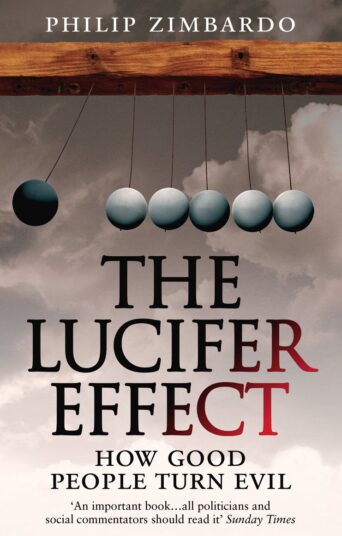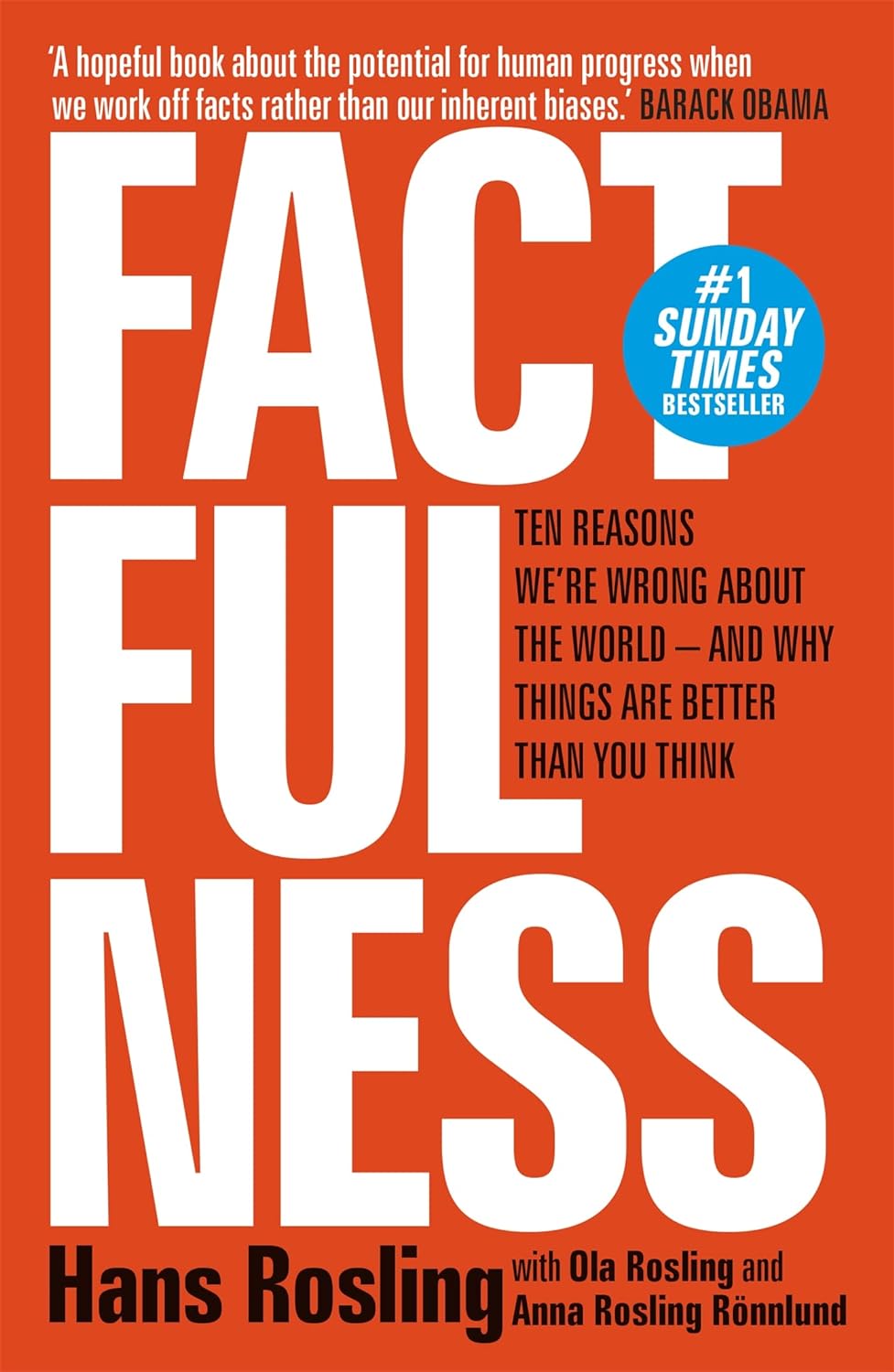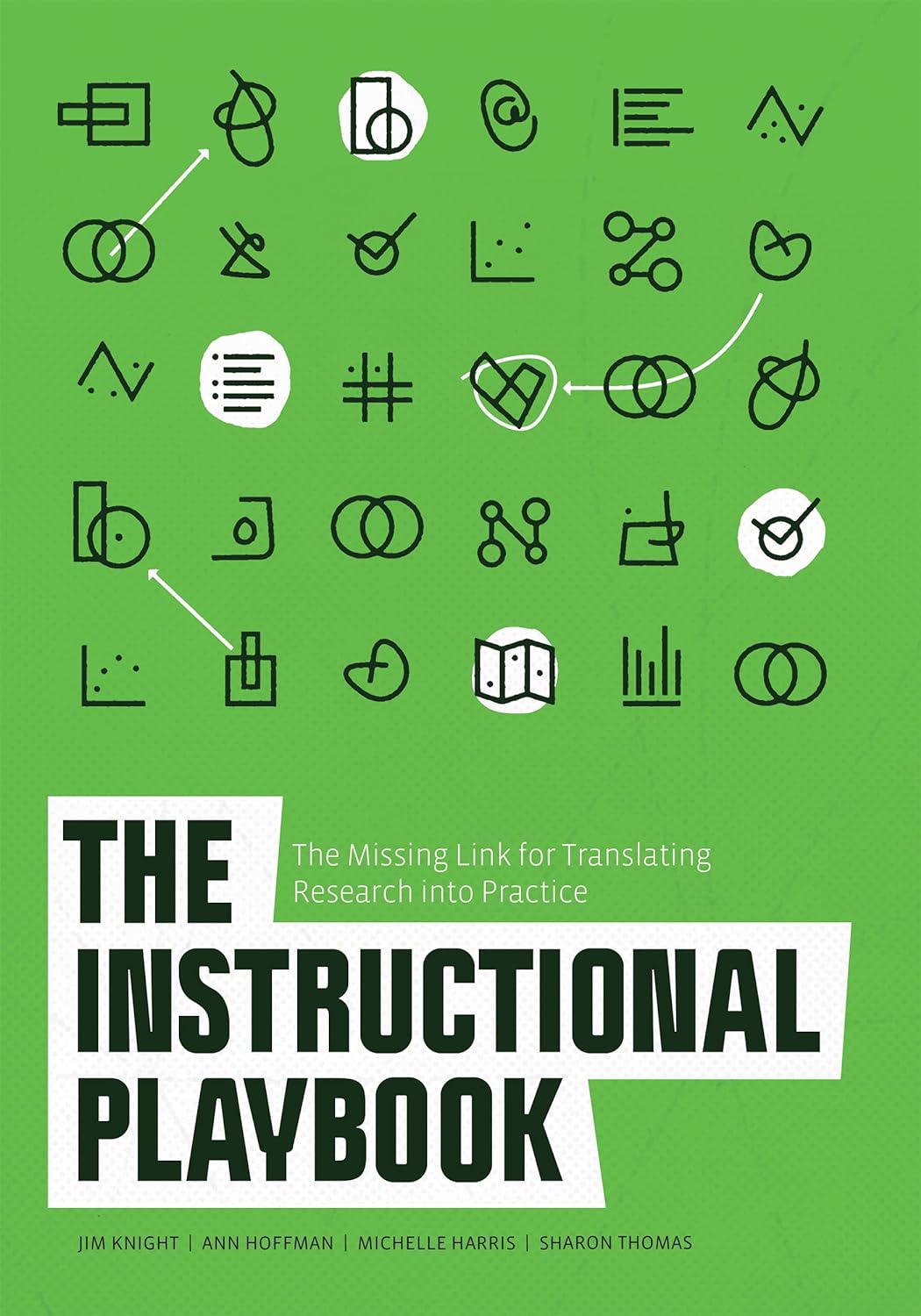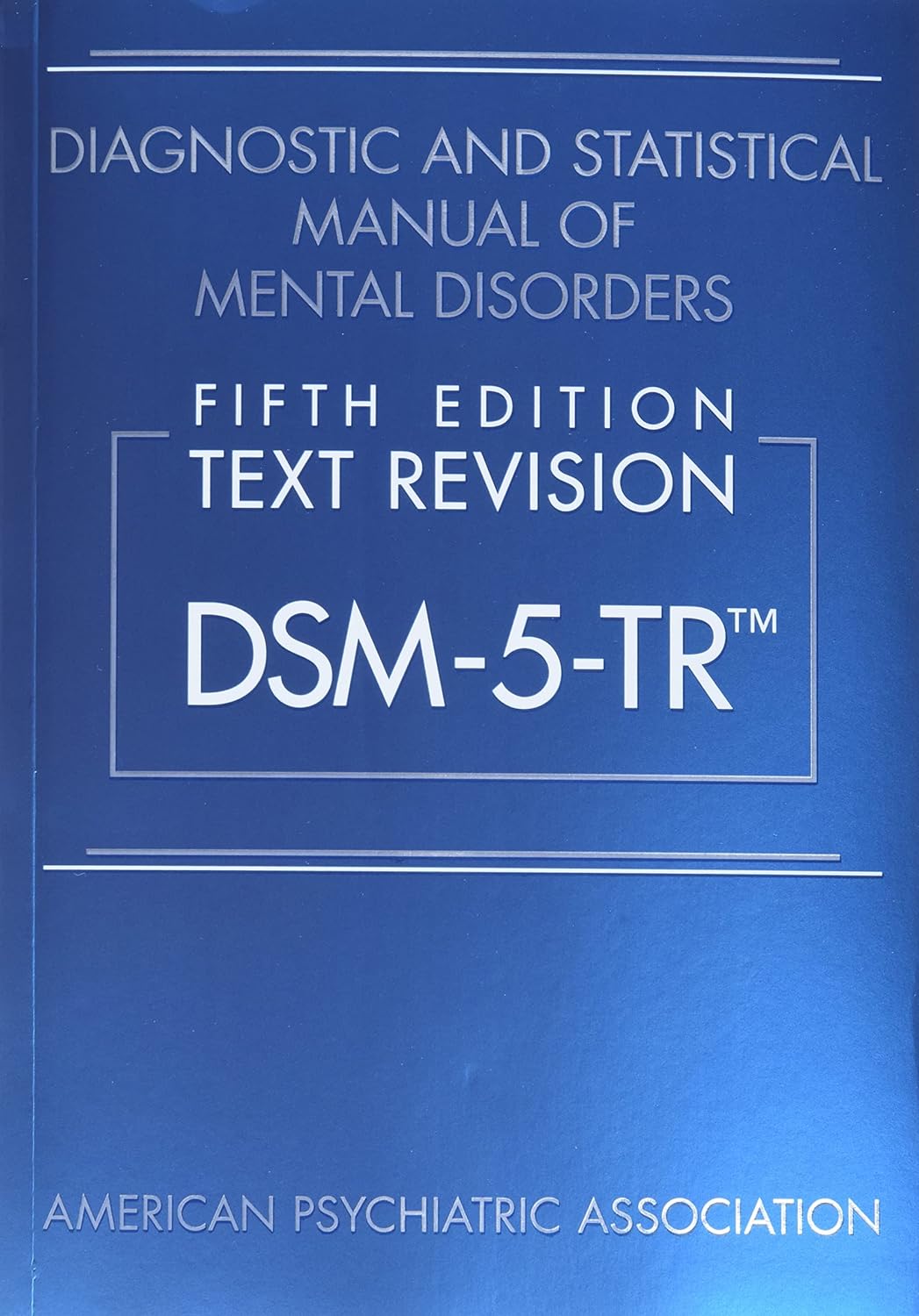eBook - Pdf
The Lucifer Effect: How Good People Turn Evil

$12.61
Add To Cart
- ISBN :9781588365873
- Publisher :Random House Publishing Group
- Publication Date :March 2007
- Language :English
- Print Length :576

In The Lucifer Effect, the award-winning and internationally respected psychologist, Philip Zimbardo, examines how the human mind has the capacity to be infinitely caring or selfish, kind or cruel, creative or destructive. He challenges our conceptions of who we think we are, what we believe we will never do – and how and why almost any of us could be initiated into the ranks of evil doers.
At the same time he describes the safeguards we can put in place to prevent ourselves from corrupting – or being corrupted by – others, and what sets some people apart as heroes and heroines, able to resist powerful pressures to go along with the group, and to refuse to be team players when personal integrity is at stake.
Using the first in-depth analysis of his classic Stanford Prison Experiment, and his personal experiences as an expert witness for one of the Abu Ghraib prison guards, Zimbardo’s stimulating and provocative book raises fundamental questions about the nature of good and evil, and how each one of us needs to be vigilant to prevent becoming trapped in the ‘Lucifer Effect’, no matter what kind of character or morality we believe ourselves to have.
The Lucifer Effect won the William James Book Award in 2008.
Book Overview:
Explore the groundbreaking research of Philip Zimbardo in this firsthand account, the inspiration for the award-winning film The Stanford Prison Experiment. Renowned social psychologist Philip Zimbardo delves into the mechanisms behind good people doing bad things. The Lucifer Effect examines why moral individuals can be enticed into immoral acts and what this reveals about the line between good and evil. Zimbardo explains how and why we all fall susceptible to the allure of “the dark side.” Drawing from historical examples and his pioneering research, he illustrates how situational forces and group dynamics can transform ordinary individuals into either brutal, sadistic figures or emotionally shattered ones. For the first time, Zimbardo divulges the complete story of the Stanford Prison Experiment, where college-student volunteers were randomly assigned roles as “guards” or “inmates” in a simulated prison environment. Within a week, the study was terminated as these students transformed into either cruel, sadistic guards or psychologically distressed prisoners. By shedding light on the psychological underpinnings of such alarming transformations, Zimbardo helps us comprehend various distressing phenomena, from corporate misconduct to organized genocide to the abuse and torture of Iraqi detainees by American soldiers at Abu Ghraib. He challenges the prevailing notion of the “bad apple,” suggesting instead the influence of the “bad barrel” — the idea that the social context and system contaminate the individual, rather than the other way around. This book holds a mirror up to humanity, challenging our assumptions about ourselves. While urging us to reconsider our actions when caught in the crucible of behavioral dynamics, Zimbardo also offers hope. He argues that we have the capacity to resist evil and can teach ourselves to act heroically. Similar to Hannah Arendt’s Eichmann in Jerusalem and Steven Pinker’s The Blank Slate, The Lucifer Effect is a gripping, unsettling study that reshapes our understanding of human behavior.
Praise for The Lucifer Effect:
“The Lucifer Effect will forever change the way you perceive our behavior — particularly our potential for evil. This is an unsettling yet essential book.” — Malcolm Gladwell “An important book… All politicians and social commentators should read this.” — The Times (London) “Powerful… an invaluable addition to the psychology of violence or ‘evil’.” — The American Prospect “Penetrating… Zimbardo challenges readers to ponder our collective responsibility for the world’s ills.” — Publishers Weekly “A comprehensive discussion… Zimbardo’s work sheds light on our dark nature but also offers hope if we heed its lessons.” — Anthony Pratkanis, Ph.D., Professor Emeritus of Psychology, University of California
In The Press
“The Lucifer Effect will change forever the way you think about why we behave the way we do—and, in particular, about the human potential for evil. This is a disturbing book, but one that has never been more necessary.”—Malcolm Gladwell “An important book . . . All politicians and social commentators . . . should read this.”—The Times (London) “Powerful . . . an extraordinarily valuable addition to the literature of the psychology of violence or ‘evil.’”—The American Prospect “Penetrating . . . Combining a dense but readable and often engrossing exposition of social psychology research with an impassioned moral seriousness, Zimbardo challenges readers to look beyond glib denunciations of evil-doers and ponder our collective responsibility for the world’s ills.”—Publishers Weekly “A sprawling discussion . . . With this book, Zimbardo couples a thorough narrative of the Stanford Prison Experiment with an analysis of the social dynamics of the Abu Ghraib prison in Iraq, arguing that the ‘experimental dehumanization’ of the former is instructive in understanding the abusive conduct of guards at the latter.”—Booklist “In the Stanford Prison Experiment, Philip Zimbardo bottled evil in a laboratory. The lessons he learned show us our dark nature but also fill us with hope if we heed their counsel. The Lucifer Effect reads like a novel.”—Anthony Pratkanis, Ph.D., professor emeritus of psychology, University of California
About the Author
Philip Zimbardo is professor emeritus of psychology at Stanford University and has also taught at Yale University, New York University, and Columbia University. He is the co-author of Psychology and Life and author of Shyness, which together have sold more than 2.5 million copies. Zimbardo has been president of the American Psychological Association and is now director of the Stanford Center on Interdisciplinary Policy, Education, and Research on Terrorism. He also narrated the award-winning PBS series Discovering Psychology, which he helped create. In 2004, he acted as an expert witness in the court-martial hearings of one of the American army reservists accused of criminal behavior in the Abu Ghraib prison in Iraq. His informative website, www.prisonexperiment.org is visited by millions every year. Visit the author’s personal website at www.zimbardo.com.
Product Details
- Publisher: Random House Publishing Group
- Published: March 2007
- ISBN: 9781588365873
- Title: The Lucifer Effect Author: Philip Zimbardo Imprint: Random House
- Language: English
- Number of Pages: 576
Popular Books















